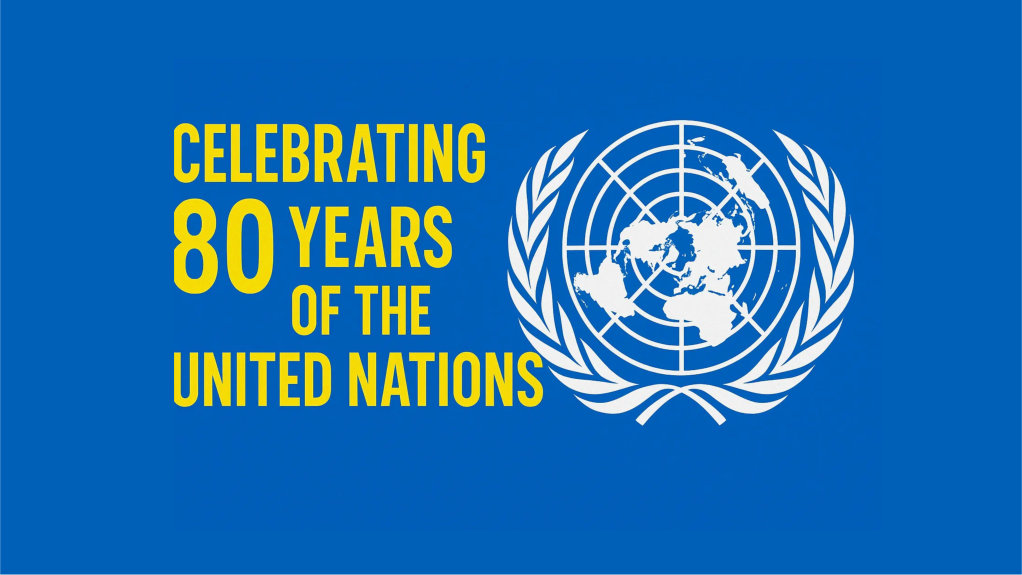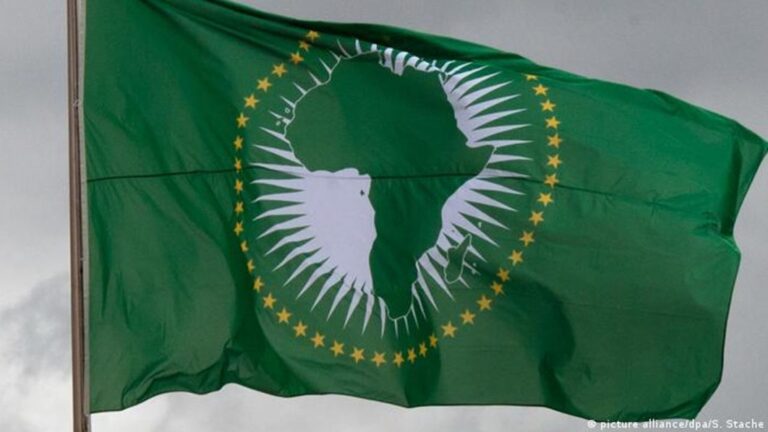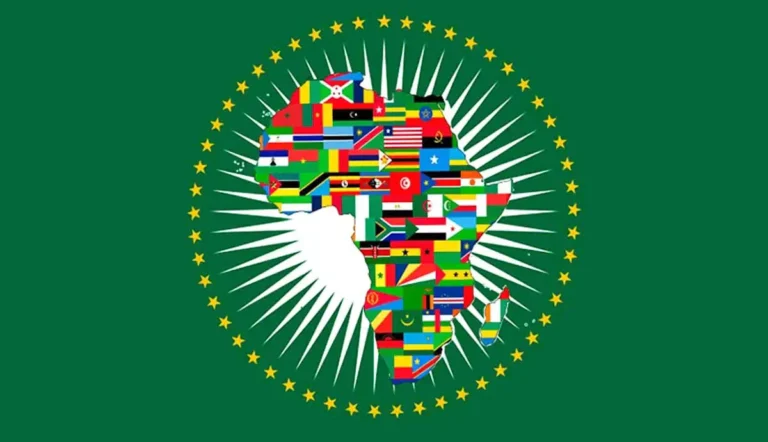
The United Nations’ 80th anniversary: successes and failures since 1945, offers a sobering reflection on an institution created to safeguard peace and prevent another global war. Founded in 1945 after the devastation of World War II, the UN sought to embody humanity’s highest ideals: peace, collective security, and human rights. Eight decades later, its record is mixed. Achievements in peacekeeping, development, and diplomacy stand alongside haunting failures in Rwanda, Gaza, and Ukraine.
The United Nations 80th anniversary: successes and failures since 1945 force us to ask: Did the United Nations fulfill its founding ideals of peace and security? The answer depends on where one looks. In some regions, the UN has reduced conflict and saved millions through humanitarian aid. In others, its paralysis has enabled mass atrocities.
When we ask, did the United Nations fulfill its founding ideals of peace and security? history gives a nuanced response. The UN successfully prevented another world war, created a framework for international law, and expanded peacekeeping operations to dozens of conflict zones. Yet, genocides in Rwanda and Srebrenica, the devastation in Gaza, and Russia’s war in Ukraine expose its limits. These failures underscore the tension between lofty ideals and the hard realities of global politics.
Supporters highlight UN achievements in peacekeeping, human rights, and SDGs vs failures in Rwanda, Gaza, and Ukraine. Peacekeepers have reduced violence in places like Liberia, Sierra Leone, and Cambodia. The Universal Declaration of Human Rights (1948) inspired legal protections worldwide. The Sustainable Development Goals (2015) provide a shared roadmap against poverty, hunger, and climate change. Yet, critics stress that in Rwanda (1994), the UN stood by as 800,000 people were massacred. In Gaza today, critics accuse the UN of being powerless to stop escalating civilian suffering. In Ukraine, Security Council paralysis due to Russian vetoes demonstrates structural weakness.
As the United Nations 80th anniversary: successes and failures since 1945 is marked, voices from around the globe illustrate differing perceptions. In Africa, many recognize the UN’s role in supporting independence movements and delivering aid, but frustration lingers over its failure to prevent genocide and its dependence on Western funding. In Asia, countries value the UN’s development work but worry about great power dominance. In the Middle East, skepticism reigns: Palestinians see an institution that affirms their rights but cannot enforce them. In Europe, Ukraine’s plight raises the question of whether collective security means anything when a permanent Security Council member is the aggressor.
For many ordinary citizens, did the United Nations fulfill its founding ideals of peace and security? feels like an urgent question. Maria Santos, a youth activist from Brazil, argues: “The UN gave us human rights law and climate awareness, but it failed to stop wars that destroyed entire nations. At 80, it must reinvent itself.” Similarly, a Nigerian peace scholar stresses that the UN has “delivered humanitarian aid but not justice.” These global perspectives underline both gratitude and disappointment.
UN achievements in peacekeeping, human rights, and SDGs vs failures in Rwanda, Gaza, and Ukraine reflect deeper structural problems. The Security Council, dominated by five veto-wielding permanent members, often paralyzes action. Calls to reform the Council—by adding India, Brazil, or African representation—have circulated for decades. Yet reform remains stalled, as current powers refuse to dilute their privileges. Without structural change, critics argue, the UN will continue to disappoint.
The United Nations 80th anniversary: successes and failures since 1945 also highlight the gap between words and action. The UN championed climate action through the Paris Agreement, but emissions continue to rise. It coordinated a global COVID-19 response, but vaccine inequality left poorer nations vulnerable. It adopted the SDGs, but progress is uneven. Optimists say these efforts still matter; skeptics say the UN sets goals it cannot enforce.
Did the United Nations fulfill its founding ideals of peace and security? Some would argue yes, because the world has avoided another global war. Others insist no, pointing to countless regional conflicts where the UN could not intervene effectively. The truth lies in between: the UN is neither obsolete nor omnipotent. It has been effective when states allowed it to act, and ineffective when great power rivalry blocked consensus.
Looking ahead, UN achievements in peacekeeping, human rights, and SDGs vs failures in Rwanda, Gaza, and Ukraine suggest that the next decade will be decisive. Experts warn that without bold reforms—on Security Council representation, funding mechanisms, and accountability—the UN risks irrelevance. Others suggest building new specialized agencies for climate, digital governance, and global health to match 21st-century challenges.
As the United Nations 80th anniversary: successes and failures since 1945 is commemorated, citizens worldwide are asking: What role will the UN play in addressing wars, climate change, and pandemics? The challenges are immense. The wars in Gaza and Ukraine show the UN’s weakness in the face of great power vetoes. Climate change threatens every nation, yet cooperation lags. Pandemics expose deep inequalities. The future of the UN depends on whether it can adapt to lead in these areas.
In conclusion, the United Nations 80th anniversary: successes and failures since 1945 reflect both extraordinary achievements and painful shortcomings. The UN has prevented another world war, advanced human rights, and provided a forum for global dialogue. Yet it has failed to stop genocides, mass atrocities, and ongoing wars. The central question remains: did the United Nations fulfill its founding ideals of peace and security? At 80, the UN stands at a critical juncture—facing skepticism, but still offering humanity its best chance at collective action in a fractured world.



